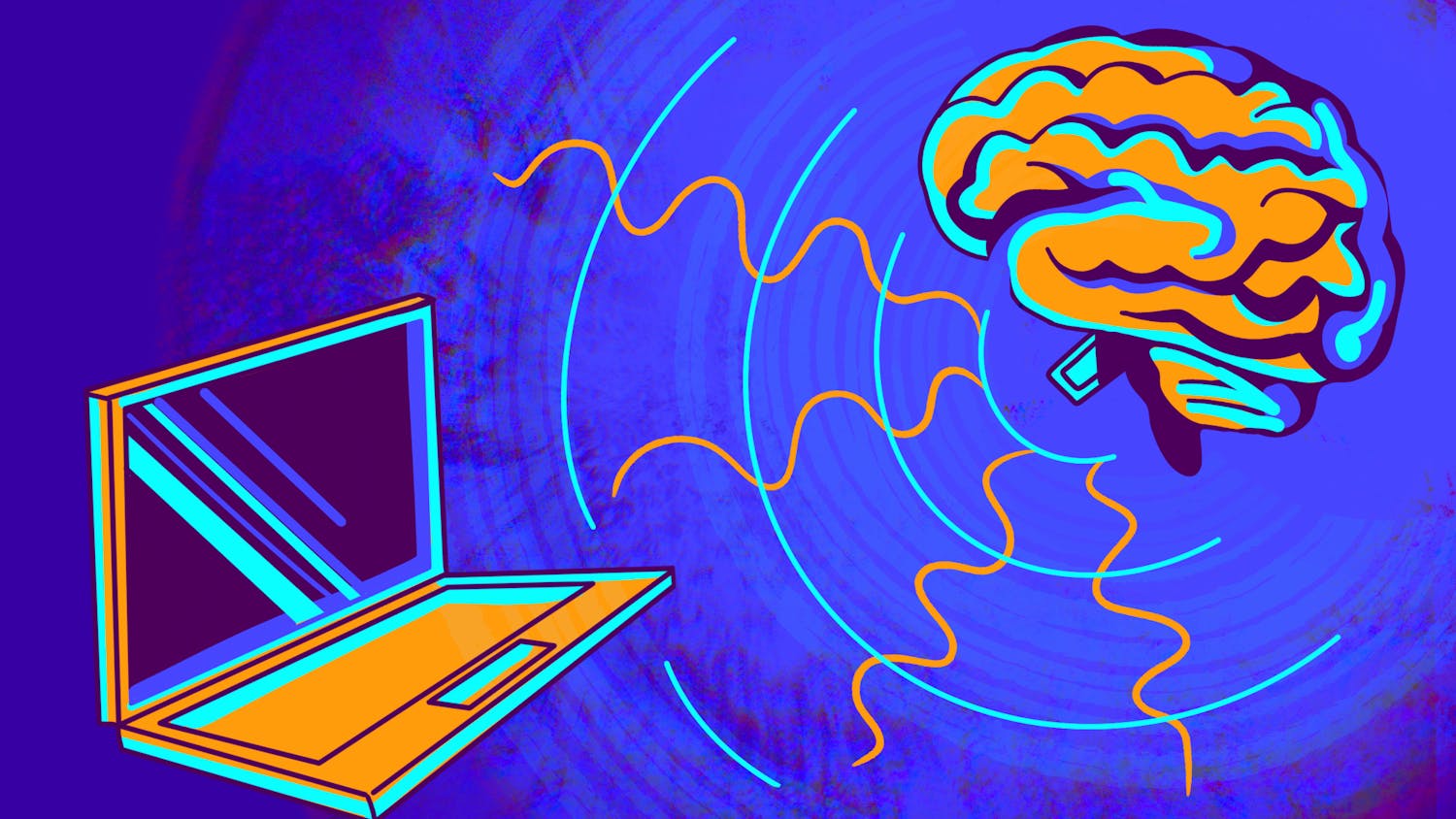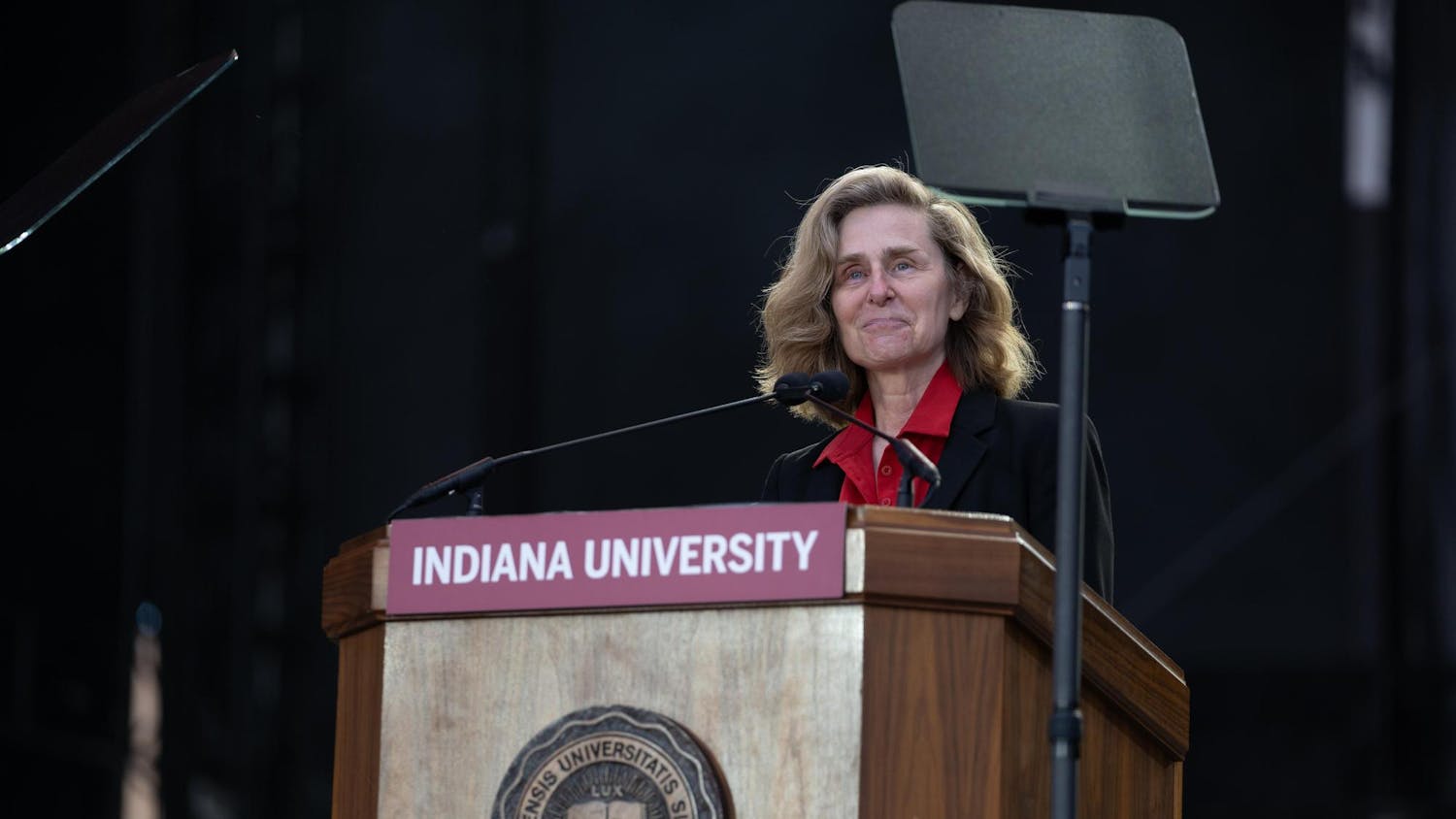When people think of the Office of the Vice President for Diversity, Equity and Multicultural Affairs (OVPDEMA), there’s a tendency to focus on diversity as it relates to race and ethnicity on Indiana University’s campuses. While that’s certainly an important aspect of what we do, inclusion is also a critical part of our mission.
It’s extremely important that groups consisting of people of all races and ethnicities, such as LGBTQ+ and disabled persons, are not an afterthought at IU. I believe that we make a genuine effort to ensure each of our eight campuses is an inclusive environment for all students, faculty and staff. And with recent accolades like the Bloomington and IUPUI campuses each winning a Higher Education Excellence in Diversity (HEED) Award from Insight Into Diversitymagazine and the Bloomington campus being named to Campus Pride’s “Best of the Best” list for being one of the nation’s most LGBTQ-friendly campuses, it’s wonderful to know that others see us in the same light.
But the only way to continue moving in the right direction is by increasing awareness and thus improving our understanding of people who have different backgrounds than our own.
October is LGBT History Month, an occurrence that doesn’t receive as much recognition as June’s LGBTQ+ Pride Month and its fantastic parades around the world, including one in Indianapolis and another held in Bloomington in September to accommodate students on that campus. As opposed to LGBTQ+ Pride Month, which mostly celebrates the present, LGBT History Month reflects on queer people’s contributions to society, highlighting 31 new contemporary and historical figures each year.
IU-Bloomington’s GLBT Student Support Services Office and its director, Doug Bauder, do a great job maintaining an archive of resources to inform students, faculty and staff about the LGBTQ+ community’s cultural contributions throughout history. With materials on everything from the Stonewall Riots in New York City and its relationship to our nation’s Civil Rights Movement, to the Gay Liberation Movement and figures like Harvey Milk, the office’s library is available year-round, so I encourage you to stop by and explore it when you have a free moment.
Our University’s personal connection to the empowerment of LGBTQ+ people shouldn’t be overlooked either. The groundbreaking research of Dr. Alfred Kinsey, the namesake of our Kinsey Institute, deemed controversial at the time, is widely credited for evolving the general public’s opinions of human sexuality and combating the stigma of being anything other than heterosexual.
I’m personally very proud of the fact that the GLBTSSS office became part of the OVPDEMA family in 2014, especially when I think of intersectional collaborations with our cultural centers like La Casa, the Latino Cultural Center in Bloomington, and when I hear about or witness an increasing number of student allies that embrace working with the office in support of the LGBTQ+ community. I hope this month can be an opportunity for those unfamiliar with queer historic figures to learn more and use it as either a starting point or way to further a spirit of inclusion.
October is also National Disability Employment Awareness Month, and similar to LGBT History Month, it’s not a topic that we should focus on for only 31 days then move on. Instead, we should strive daily to become more aware of some of the challenges faced by employees with disabilities and consider how to improve accessibility for all in our working environments.
Echoing President McRobbie’s recent message, IU is committed to ensuring all members of our community have equal access to the university’s resources. The fact that the accessibility standards of all IU websites will meet federal guidelines by November 1 may not seem like a big deal to some, but it removes a major barrier for a large segment of the population.
Accessibility gives employees the opportunity to maximize their talents, which in turn benefits IU. Potential employees with disabilities shouldn’t feel dissuaded from working here, as it’s clear that this institution is a place where the intent of the 1990 Americans with Disabilities (ADA) Act is being put into practice.
Understanding some of the obstacles presented to people with disabilities on a daily basis, complying with these standards, then attempting to go above and beyond in our support should be the rule, not an exception. Of course, things could always be better, but through people like IU Chief Compliance Officer Marcia Gonzales and ADA Employment Consultant Frank Epperson, who works to help IU employees find the services they need, we continue to make important strides.
At IU, we periodically offer employees the chance to identify themselves as having disabilities, whether visible or not, and make sure we can provide reasonable accommodations. For able-bodied people, especially on a college campus, that may not seem like a relevant issue, but as society moves toward managing, instead of “fixing” disabilities, it’s important to keep in mind.
Though it’s impossible to completely put yourself in the shoes of someone else with a different life experience than your own, trying to understand the experience of others helps us foster an even more welcoming culture, which benefits everyone at IU. Whether that’s celebrating how members of the LGBTQ+ community have impacted the world we live in today or guaranteeing equal accessibility to the university’s resources, Indiana University’s commitment to equality and inclusion is evident in both our words and our actions.



